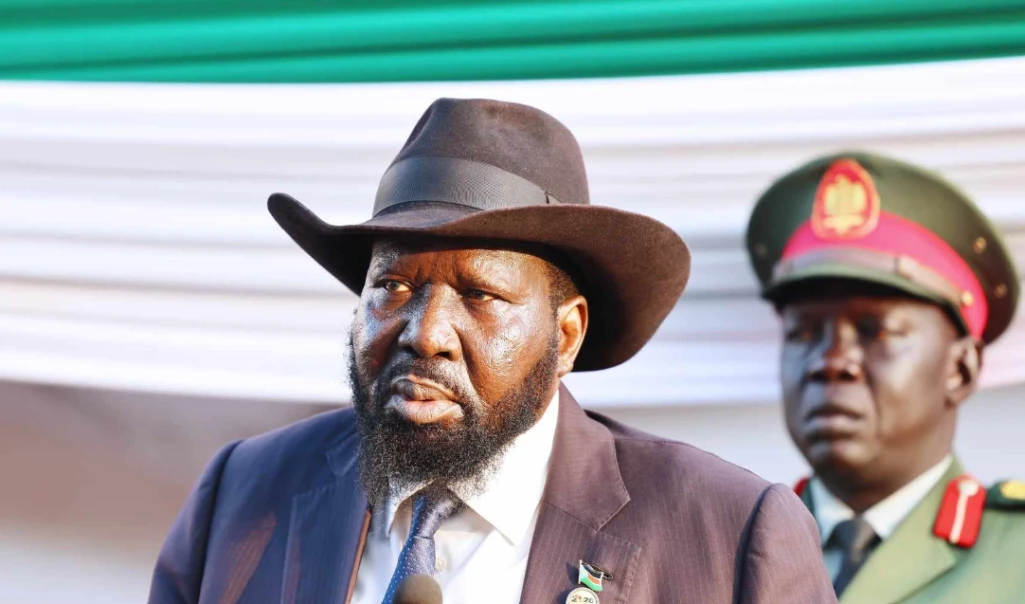
President Salva Kiir, in a May 15 address ahead of the SPLA/M’s 42nd anniversary, urged South Sudanese to reflect on the past and recommit to unity, peace, and nation-building.
He urged citizens to uphold the values that guided the
country’s long struggle for independence, reminding the nation that its future
depends on collective action and national cohesion.
“Fellow South Sudanese, while we celebrate the achievements
of the past, we must also face the responsibilities of the present. Today, we
are called upon to protect that legacy by working together to maintain peace,
heal divisions and advance development,” Kiir said.
“Let this anniversary be a moment of national renewal. Let
it remind us that despite our differences, we are bound together by shared
history and a common destiny. May the spirit of 16th May live on in our hearts
and actions.”
Revisiting the SPLA's origins, which began in 1955 and
intensified in 1983, Kiir emphasized that the movement was not only about
liberation but also about building a unified, peaceful, and prosperous nation.
The SPLA/M played a pivotal role in the decades-long civil
war that ultimately led to South Sudan’s independence in 2011.
The 2005 Comprehensive Peace Agreement (CPA) marked a
significant turning point, ending decades of conflict with Sudan and paving the
way for South Sudan's independence.
This achievement fulfilled one of the SPLA/M’s major goals.
However, the path to lasting peace has remained difficult.
The 2013 civil war began as a political dispute between
President Salva Kiir and Vice President Riek Machar, escalating into ethnic
violence.
Despite the 2015 peace agreement (ARCSS), fighting resumed
in 2016 after the deal collapsed.
Multiple peace deals, including the 2018 Revitalized
Agreement on the Resolution of Conflict in South Sudan (R-ARCSS), have
succeeded in reducing large-scale fighting across the country.
The President acknowledged the progress made through the
agreement, which has been key in restoring hope and fostering lasting peace.
“Through the implementation of the revitalized peace
agreement, we are restoring hope and laying the foundation for a better
future,” he echoed.
Yet, despite these agreements, intercommunal violence, local
militias, and political rivalries continue to fuel instability and displacement
across the country.
In late February 2025, clashes between the White Army,
allied with SPLA-IO, and SSPDF led to over 180 deaths, 250 injuries, and the
displacement of around 125,000 people, according to the UN.
The conflict led to the arrests of several senior SPLM/A-IO
officials, including First Vice President Dr. Riek Machar, who is under
investigation.
Despite international calls for a ceasefire, bombardments have continued. A recent attack on Old Fangak in Jonglei State left seven civilians dead.